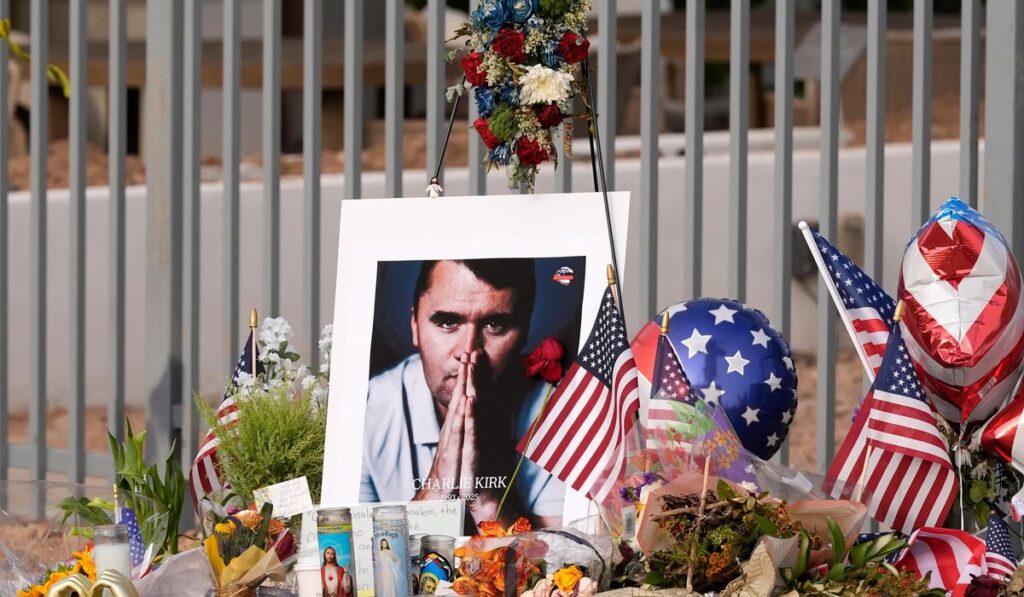A recent AP-NORC poll finds a striking generational gap: younger Americans report far less worry about political violence than older generations, even as the country has seen politically motivated killings this year. The survey raises questions about civic seriousness, the role of institutions, and what it means for public safety and political discourse going forward.
The poll’s headline is hard to ignore: younger voters are noticeably less concerned about political violence than their elders. That gap matters because political violence is not an abstract risk; it changes behavior, policymaking, and how civic life functions.
Conservative circles point to real incidents this year as proof that the threat exists, noting “this year’s assassinations of conservative activist Cha” as a grim reminder. Those events are used to argue that complacency among younger people is dangerous, not just naive, because violence can target activists, officials, and ordinary citizens alike.
From a Republican perspective, the poll highlights failures in civic education and cultural institutions that once conveyed the seriousness of political conflict. When schools and media stop teaching the costs of extremism and the value of rule of law, you get generations that treat violent threats like background noise rather than existential dangers.
There’s also a tech angle: younger Americans live inside information bubbles that can normalize extreme rhetoric and obscure real-world consequences. Social media platforms amplify outrage and novelty while muting sober discussion of security, which can turn political violence into a spectacle rather than a social emergency.
Public policy should reflect the reality that political violence has consequences for everyone, not just the targets. Republicans tend to stress law and order, stronger protections for public figures and neighborhoods, and clearer enforcement against threats and intimidation to prevent isolated episodes from spiraling into broader unrest.
Critics on the left often blame rhetoric, while critics on the right blame weak enforcement and cultural drift; both sides should be honest about how their actions affect public safety. The poll suggests a gap between perception and reality that partisan arguments only deepen when they shift responsibility away from basic security measures.
One practical effect of declining concern is political behavior: if younger people underestimate risk, they may underinvest in community institutions that deter violence. Voter turnout, jury service, local policing oversight, and civic participation all depend on people believing their civic systems matter and can be defended against force.
There’s a generational responsibility here. Older generations remember turmoil and are often more cautious; younger people, shaped by different threats and comforts, may misjudge how fragile civil order can be. A society that assumes stability without sustaining it risks surprise when that stability is tested.
Finally, media and leaders have a role in shaping public seriousness without inflaming tensions. Republicans argue for straightforward coverage of threats and firm action by authorities so citizens can make informed judgments about risk. Honest reporting and decisive enforcement together help prevent both panic and complacency, and they preserve the political space for peaceful disagreement.



